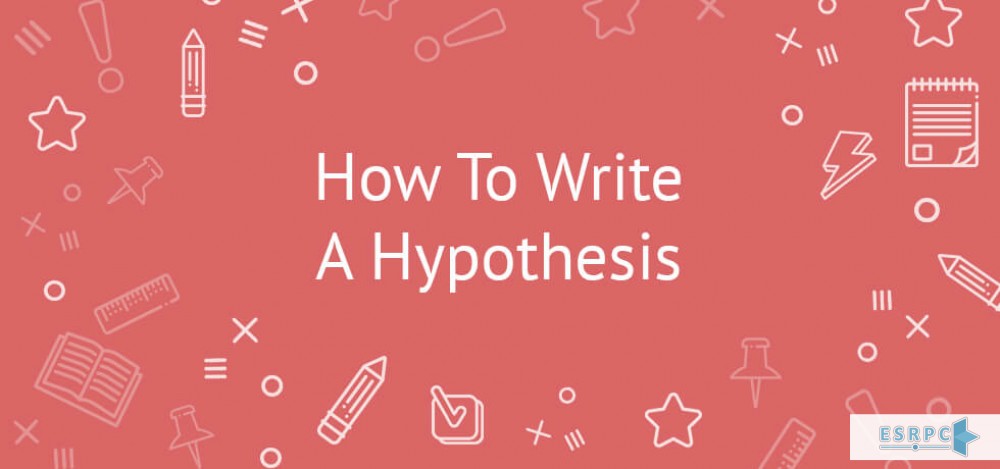A hypothesis is a scientific guess or pre-judgment which is finally accepted or rejected based on the findings of a study.

In order to do any research or examination, at first, one or several hypotheses should be defined. To fully comprehend the concept of hypothesis, the clarification of some other concepts associated with it, is needed.
Concepts and Variables:
Concepts and variables are indispensable components of most of the research works. In scientific examinations, the exact and proper definition of these two components is of great importance. There are two types of definitions for each of them, as follow:
The difference between the concept and variable is so delicate. The concept is a component in a research that the researcher does not intend to measure or assess, but it is required to be defined in order to make it comprehensible for others. On the other hand, the variable is a component in a research study that the researcher exactly intends to measure, and it is necessary to provide a clear definition of it to the others.
Different types of variables:
Based on the purpose of the research, there are three kinds of variables:
Hypotheses:
In scientific research studies, there should always be a problem. The power of imagination and conjecture in man as a researcher enables him to ponder about, guess on, visualize various topics, and provide different solutions. A researcher uses the same process to form one or several hypotheses. On the other hand, the hypothesis is the suggested solution for a problem or problems in the study. Therefore, sometimes the hypothesis is presented in sentences like “If this happens, that will be resulted.” The important point to be considered here is that while accomplishing the study, the researcher merely intends to test the hypotheses, not to prove it.
The hypotheses can be expressed in three different types:
The researcher mostly makes use of the available scientific resources to form a hypothesis. The previous findings of the studies which have been done on the area of the intended topic can be one of the main resources for forming a hypothesis. In addition, the researcher’s personal experiences can play an important role in forming a hypothesis. The hypotheses can be expressed using affirmative sentences or negative sentences which are called null hypotheses.
The roles of hypothesis:
The hypotheses provide a framework to the study, and help the researcher comprehend the problem and choose the best tools to collect the needed information. By forming a hypothesis, a sense of direction is gifted to the research, and in this way, and the researcher will just review the resources which are related to the ongoing examination, so unrelated resources will be put aside. Hypotheses also make the researcher be more alert on temporal aspects of the research problem.